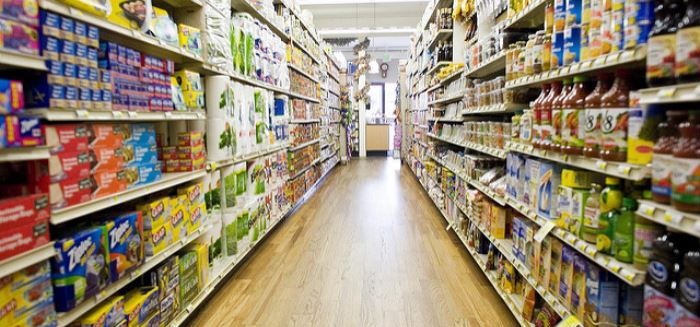As fall stewardship season gets close, many church leaders approach the conversation about money, budgets, and mission with anxiety. This emotion is a reality we must face, certainly, but an unfortunate one. In today’s post, Heather Wood Davis connects this anxiety with broader cultural realities. How can our congregations shift our stewardship ministry so the first emotion isn’t anxiety? In a perfect world, what emotion would mark our stewardship work? Inspiration? Pride? Hope?
Yours truly,
Adam Copeland, Center for Stewardship Leaders
Anxious Stewardship
Heather Wood Davis
I want to talk about anxiety. That already makes us anxious, doesn’t? Anytime a suitcase or overnight bag is pulled out, our yellow lab, Fin, gets anxious. Everyone is anxious from time to time. No one is immune to it. In fact, general anxiety is normal; it is your body’s way of protecting you and keeping you safe.
We read Jesus’ words in the gospel, “Therefore I say to you, don’t worry about your life…” (Matthew 6:25).
But let’s be real. It is hard not to worry. We are bombarded by media that tell us when our “fear meters” should be spiked—which apparently is all the time. Did you know we are more worried, more nervous and uneasy, more depressed and anxious than previous eras?
So, what’s going on?
There are many factors but, one reason brought up on multiple occasions by psychologists is the luxury (as ungrateful as it sounds) of too much choice. With so many options available, there is no excuse for making the less-than-perfect choice.
The trendy grocery store chain, Trader Joe’s, discovered through market research that people feel conflicted about what to purchase when, for example, there are over twenty different brands of peanut butter from which to choose. Trader Joe’s reduced this number to three or four—fewer options actually limits customer anxiety.
Only in a nation of abundance would multiple choices of peanut butter help to fuel our already anxious tendencies.
Anxiety has become the poisonous side effect of good people wobbling on the edges of idolatry, where we trust worry, fear, and stuff more than God. Anxiety has become an epidemic of the illness of too much navel gazing.
In The Paradox of Generosity, two sociologists explore the paradox that while giving is known to improve one’s life, so very few Americans actually give. While most religious believers would say it is an article of faith that it is more blessed to give than to receive, the authors’ research shows it is an article of fact as well.
Smith and Davidson write, “By always protecting ourselves against future uncertainties and misfortunes, we are affected in ways that make us more anxious about uncertainties and vulnerable to future misfortunes.”
How are we to cope with an unfortunate cultural trend, the “Grinch mentality,” where we seek our own security and happiness by turning away from neighbors to hunker down and hoard only for ourselves? What can well-meaning, faithful Christians do?
We lead the way. Because the way to overcome and to combat some of this anxiety, the secret for curing and dealing with the chronic anxiety caused by things like fear and scarcity—anxiety caused by choice and narcissism—the secret to defeating that anxiety is generosity.
The Paradox of Generosity reports that, “In giving of ourselves for others’ well-being, we enhance our own well-being as well. In letting go of some of what we own, we actually increase our own security and sense of comfort. By giving away our own resources, we move ourselves toward flourishing. This is not only a philosophical or religious teaching. It is a sociological fact.”
What we know is that our giving matters. Our giving makes our lives better because it makes the lives of those around us better.
Science has proven what our faith has always known.
The more we give, the more free space opens up in us giving God more room to live in us. And who doesn’t want that?
For More Information
Heather Wood Davis is the Associate Pastor at First Presbyterian Church in Hickory, NC. She and her husband have two girls and a very faithful yellow lab.

